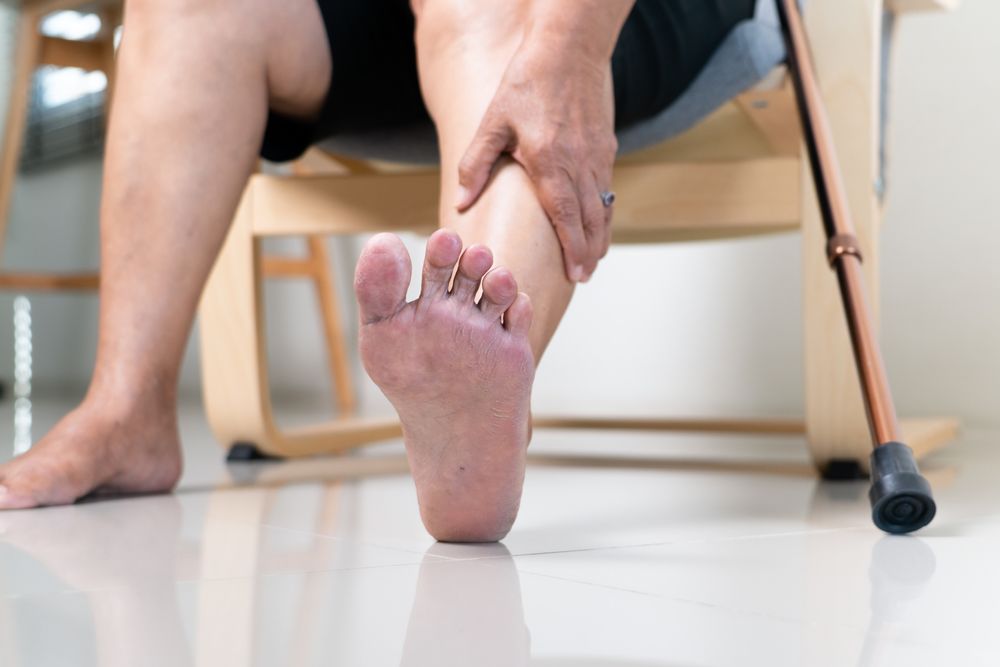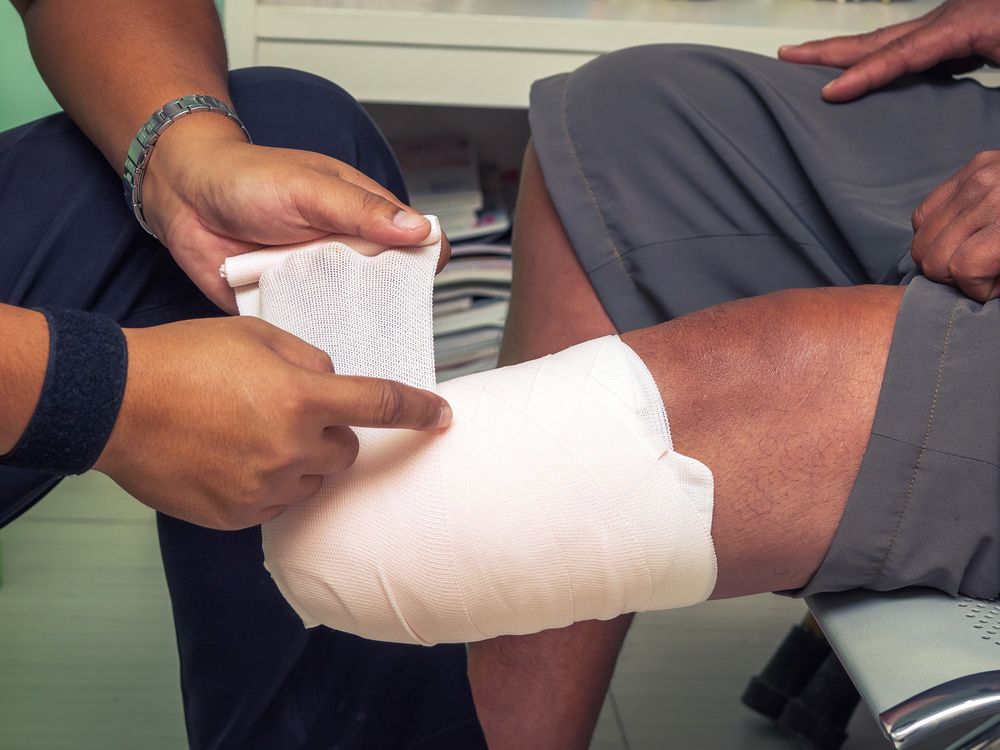Diabetic Foot Disease
From prevention to treatment to improve patient outcomes (DFD: PRIMO)

All patients with diabetes are at risk of developing Diabetic foot disease (DFD). As the incidence of diabetes is increasing so is the cohort of patients who are at risk of developing DFD. DFD has a lifetime incidence of between 19%-34% in this population. It is associated with devastating outcomes for patients including foot ulceration, sepsis and amputation.
These outcomes can severely affected the person’s quality of life and can lead to premature death. After a major amputation mortality rates are 65% after four years. A study has identified that mortality from DFD is comparable to some of the major cancers. Despite this it is a disease that is lacking in research and patient awareness. Early identification of at risk patients and appropriate treatment can significantly reduce the morbidity and mortality associated with DFD.

Currently in Ireland half of lower limb amputations and one third of leg ulcers are as a result of diabetes. Over 400 people with diabetes have a lower limb amputation every year. This places a significant burden on not only the individuals involved but also on the health care system as a whole. One study has identified the cost of diabetic foot ulcers and amputations as more than the combined cost of treating breast, prostate and lung cancer. At NUI Galway we are looking to positively impact diabetic foot disease by producing research in a variety of disciplines under our DFD PRIMO collaborative.

The overall goal of this programme is to train a multidisciplinary cohort of health care professionals to doctoral level in order to increase DFD research activity in Ireland. This will provide a strong evidence-base for prevention and treatment provision decisions and ultimately improved patient outcomes.
The DFD PRIMO collaborative consists of seven PhD candidates and a very experience team of experts who are all focused on areas to improve the care of diabetic patients with regards to DFD. We have projects looking at advanced healing for wound, treatment options for wounds, tools to improve wound assessment, best practice for imparting information to this cohort of patients, options for screening programmes, implementation of the national diabetic foot strategy and how Covid 19 affected patients at risk of DFD. Our projects are supported not only by the university but also various clinical areas which are specialising in care for patients with diabetes. Our research will also be done with input from patients with diabetes themselves.
